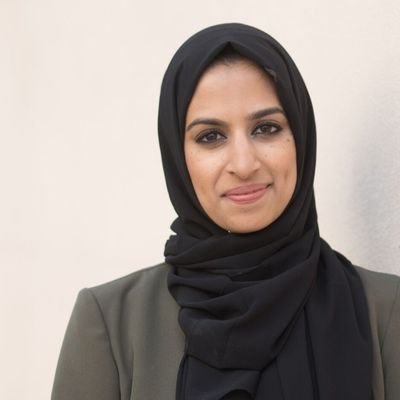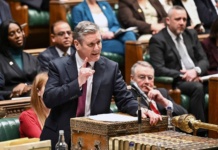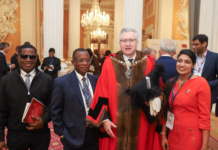
The independent NHS Race and Health Observatory is urging the Muslim community to use new rapid testing kits during Ramadan to help detect further cases of Covid-19.
The holy month of Ramadan starts from Monday 12 April, coinciding with the easing of lockdown measures and the availability of twice a week, lateral flow tests to help identify those with the virus but not displaying any symptoms.
Today, as part of a concerted effort to increase uptake of coronavirus vaccine and rapid tests by Muslims, the Observatory and the Muslim Doctors Association have distributed a new infographic resource to NHS vaccination centres, mosques, religious and community groups, that provides advice on vaccination and testing during Ramadan.
Although recent figures show an increase in vaccine acceptance from ethnic minority groups, data from the Office of National Statistics released last month show Muslims and Buddhists are least likely to accept the vaccine compared to other faiths. It found the lowest rates of vaccination were among adults aged over 70 identifying as Muslim (72.3%) and Buddhist (78.1%).
Rapid coronavirus tests, providing results within minutes, will be available via home ordering, local authority test centres, participating pharmacies and some workplaces. Anyone who tests positive can register results on the NHS App and can call 119 for advice on isolating.
Dr Habib Naqvi, Director of the NHS Race and Health Observatory said: “Now is the time to put faith to the test, preserve life and trust the opinion of Islamic scholars and mosque committees who have confirmed both the vaccination and lateral flow tests will not invalidate or break the Ramadan fast.
“We have lost too many mosque worshippers and with ethnic minority people already at increased risk of coronavirus, we urge the Muslim community not to heighten that risk by not taking up the opportunity of free rapid testing from home and by taking up the vaccine offer when it comes.”
The Observatory and Muslim Doctors Association earlier reported receiving queries around potential side effects of feeling unwell, vomiting post vaccination along with reservations over taking daily pain relief medication.
The infographic resource addresses concerns raised around fasting, pain relief and sickness. Muslims who become ill or sick due to medication, mental or physical illness during the month of Ramadan are not obliged to fast and are exempted.
Dr Hina Shahid, Chair, Muslim Doctors Association, said: “These new rapid tests will help identify more people carrying the virus without symptoms and stop the spread of the infection. They are also vital to help keep schools and colleges open. Vaccinations are already helping us to return to normal life, we have lost too many people in our community to this deadly virus and we must do all we can to prevent further illness and loss of life.
“I strongly encourage Muslims who are able to take their vaccination and lateral flow tests during this holy month to do so and help protect themselves and their community. Any concerns about vaccination or rapid test results can be discussed with GPs and healthcare professionals, we are here to support patients make informed decisions.”
Ramadan starts on April 12 lasting for 30 days until 12 May 2021. Muslims, who are able to fast, do not eat food or drink liquids from dawn to sunset. Covid-19 secure mosques remain open with venues across the country set-up as vaccination sites and with mobile and extended services planned during Ramadan for flexible access.
One in three people who have coronavirus do not show any symptoms but may unknowingly pass it on to others.
Kindly follow us on twitter:@AfricanVoice2










